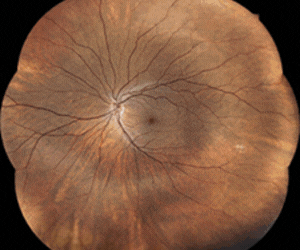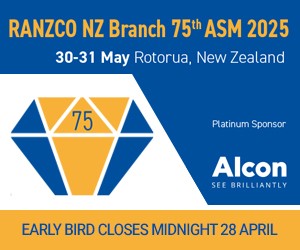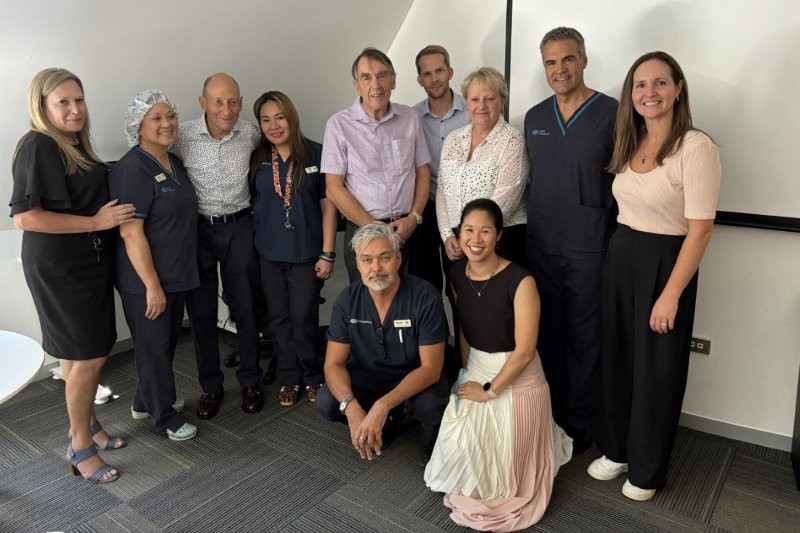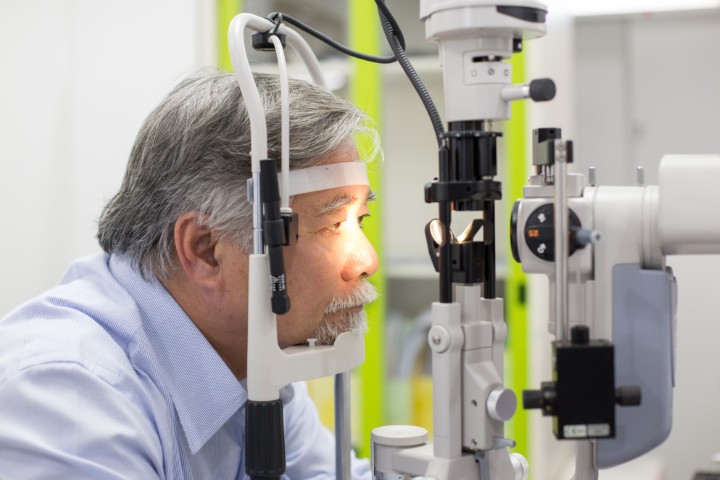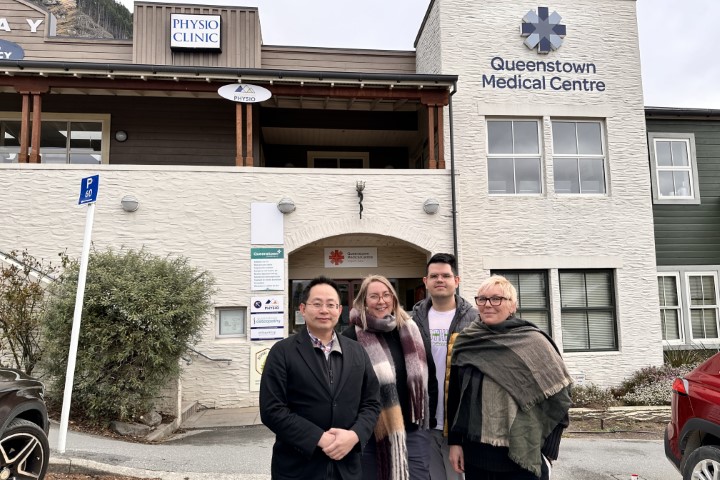ODOB tackles CPD woes
Responding to frustrations from practitioners and education providers, the Optometrists and Dispensing Opticians Board (ODOB) has reviewed its CPD accreditation process and made changes to improve user experience and help facilitate compliance.
The certification programme is not designed to be punitive or restrictive, said Suzanne Halpin, ODOB registrar and chief executive. “Its sole purpose is to facilitate practitioners maintaining their competence to practise and there’s no need for it to be overly complex or convoluted.”
Following the review, there is no longer a requirement to reference the Board’s standards when applying for accreditation of a CPD event/activity; CPD providers will no longer need to provide multiple-choice questions for online events; if practitioners write and present (15 minutes or longer) at a CPD event or activity accredited by the ODOB, they may claim one CPD credit in addition to any CPD credits that apply for attendance at the event; and practitioners undertaking peer-to-peer reviews or case discussions (which are not independent glaucoma-prescriber general peer reviews) may now apply for accreditation of these events using a standard CPD accreditation application form.
Also, practitioners wishing to obtain CPD credits for conferences where the organiser has not obtained accreditation from the ODOB, now only need to make one application to cover accreditation of all conference sessions they attend, rather than one per session. For any CPD event or activity, Halpin encourages practitioners to check ODOB’s events calendar to see if the event has been accredited. If it hasn’t already, apply for accreditation well in advance (or as soon as possible afterwards), because CPD events aren’t accredited indefinitely, she said.
Next, the ODOB is attempting to devise a better process for the accreditation of glaucoma peer reviews Halpin said. “The current system involves the event organiser having to chase up information from event attendees and then upload it to our system so it can be accredited, which is less than ideal. The practitioner should be solely responsible for that.” A change already initiated is that optometrists who aren’t independent glaucoma prescribers (IGPs), or IGPs who aren’t attending an IGP event for fulfilment of their IGP research vocational requirements, can now apply for general CPD credits, she added.
Halpin reiterated the ODOB has a 20-working-day turnaround on each CPD accreditation application. However, she said it is typically done in a much shorter timeframe, especially when an application is complete or near complete from the start and requires fewer requests for additional information.
If practitioners experience difficulties, they are strongly encouraged to contact the ODOB education officer, Penny Davenport, with their concerns as soon as they arise, said Halpin. “Penny is fantastic at getting people across the line and goes above and beyond to help practitioners and providers out. If it turns out there’s a potential systemic issue, she is also very good at advocating for change, taking a common-sense approach.”
Finally, Halpin stressed that while the ODOB’s primary role is as a regulator of health professionals to protect the health and safety of patients and the public, it also prioritises agility, transparency, accountability and fairness. “When we receive complete applications for accreditation of CPD events and activities, all the changes we have implemented so far should make for a more streamlined process, which practitioners should perceive as less onerous and time consuming.”






